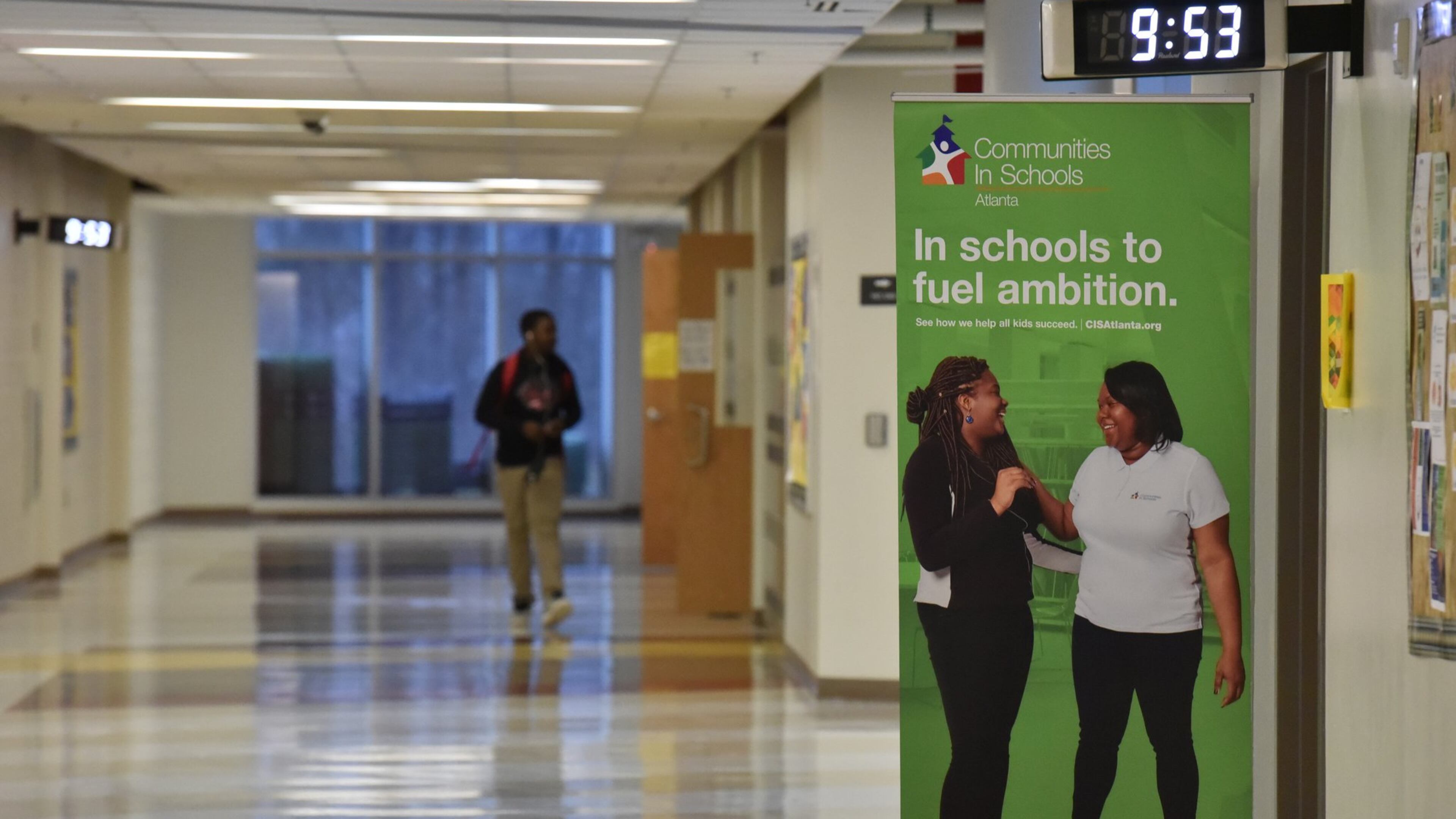APS to continue test-cheating victims’ aid though results hard to see

Atlanta Public Schools will continue to pay for tutoring and other support for hundreds of students who were the likely victims of a districtwide test-cheating scandal, even though a study the district requested found it hasn’t helped.
APS launched the remediation effort in 2016 to try to bolster students harmed by cheating a decade ago. A jury in 2015convicted 11 former teachers and administrators of racketeering in the scandal. Educators changed students' answers on standardized tests and received bonuses and raises based on the bogus scores.
For cheated students, the falsely inflated test scores may have covered up real academic struggles, and researchers found that the young victims fell behind in reading and English.
The Target 2021 program, named for the year when the youngest cheating victims will graduate, assists students whom officials believe had a large number of wrong answers erased and corrected.
The district spent more than $9 million on the program in its first three years, plus it budgeted $2.99 million for this school year, according to spokesman Seth Coleman. But a recent evaluation by a Georgia State University researcher found the extra effort didn’t have an impact on grades, attendance and course failures or increase the likelihood that the students would graduate.
The January evaluation by Tim Sass concluded that program participation "had little significant impact on measured student outcomes." The findings are largely consistent with a 2017 review he did that also showed lackluster results for Target 2021.
APS officials have remained committed to the effort.
Superintendent Meria Carstarphen said APS “had a responsibility” to try to help the victims. “We’ll never know if the students would have been worse off or fared worse if we had not provided these supports,” she told board members at a meeting earlier this month.
Board member Leslie Grant questioned whether APS should devote more money to Target 2021, given the tepid results. She asked if the district should instead direct the dollars elsewhere, such as to assist the lowest-performing students in each high school. The district has yet to set the program’s budget for next school year, but it expects to spend less than this year, according to Coleman.
Olivine Roberts, assistant superintendent of teaching and learning, told board members the district will “fine tune” the program, focusing on attendance and academics. She noted the recent study doesn’t capture some of the less-tangible support offered, such as taking students on college tours.
“Even though, yes, we see minor impact, I believe that this program is also valuable and is making a difference in the lives of our students,” she said.
The evaluation found that the graduation rates of program participants and a comparison group were nearly identical, 72.43 percent for Target 2021 students versus 72.6 percent for the other group.
When the remediation program started in January 2016, slightly more than 3,000 students were eligible for the aid. They received tutoring, help preparing to take college-entrance exams, counseling, attendance incentives and other services.
Each year, participation has dropped as students graduate. This school year, 841 students in tenth through 12th grades receive extra help.
Sass recommended the district skip further annual evaluations because the declining student numbers make reviews difficult and because some exams used to measure the students’ progress are no longer administered statewide. He recommended the district do a final program analysis at the end of the 2021 school year.
The legal cases against some of the convicted educators are ongoing. Seven of the 11 defendants found guilty of racketeering are seeking a new Fulton County trial.



